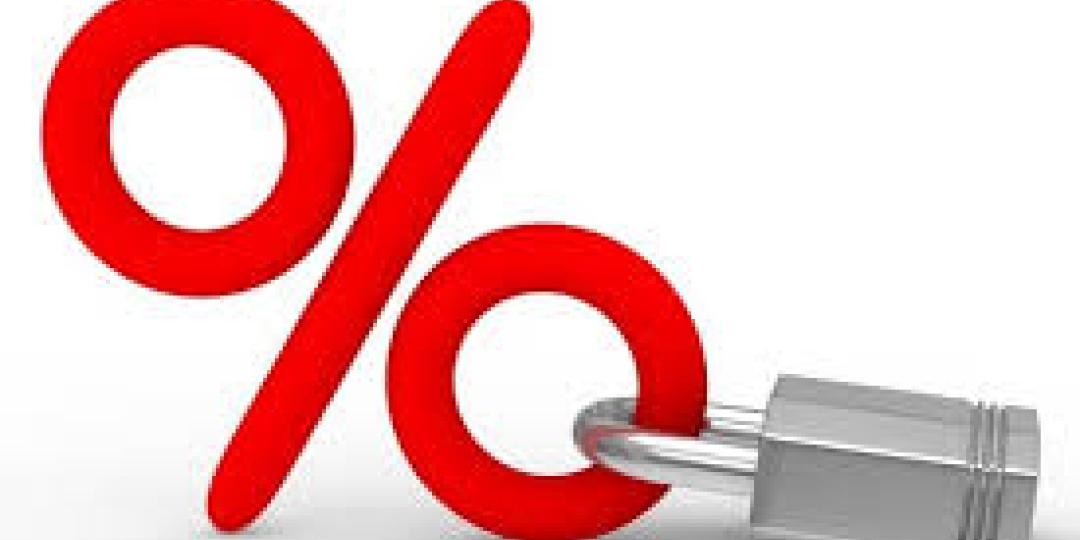Tourism is one of the sectors hardest hit by the COVID-19 pandemic, and many have jumped at the opportunity to apply for the various relief packages announced by President Cyril Ramaphosa.
While agents report that they have yet to receive relief from the Department of Small Business Development’s interest-free Debt Relief Finance Scheme, they also report they are being actively approached by financial institutions offering to assist with confusingly similarly named COVID-19 guarantee loans, which require them to sign personal surety and pay back the loans at prime interest rates.
Owner of Travel VIP, Paula Varges Martini, told Tourism Update that she had submitted the required documentation to apply for the SME Debt Relief Finance, including a six-page executive summary of her business, as the application process opened.
Martini has heard nothing more from the Department since her application was submitted, but she was contacted by a representative from Nedbank a few weeks later, who advised her that they had been authorised by government to administer SME funds on its behalf.
She was asked to submit a new application form (only two pages long this time) in order to apply for the COVID relief loan. Upon reading the small print on the application form Paula found that she would need to sign personal surety for the loan and pay it back at prime interest rates.
"This is highly irregular. I have taken out business loans before and have never been required to sign personal surety. I was also required to complete a form disclosing all my personal assets including my furniture, jewellery etc. which I found unusual for a government-guaranteed loan," Martini said.
According to her, the terms for the SME relief loan offered to her, should she go ahead, require her to pay back the loan at prime interest rates with her first payment due seven months after funds have been received.
"This means that if I receive the loan this month, I am required to start paying it back in December, which will be impossible based on SA Tourism's projections that our borders will only reopen in February next year."
Another travel business owner told Tourism Update that after applications closed for the Sukuma Relief Programme – launched with a R1 billion donation from Johann Rupert – she also started investigating the various alternative relief packages.
“In the end I decided not to apply for the loans administered by the banks. I was concerned about my ability to repay the high interest rates when there is still so much uncertainty as to when our borders will reopen. Instead I have minimised my expenses and am trying to stretch out my savings to last me as long as possible,” she said.
Nedbank executive: professional and small business clients, Alan Shannon, told Tourism Update that Nedbank, together with the other commercial banks, started assessing applications and granting loans under the COVID-19 guarantee loan scheme on May 15.
“There may be some confusion between the SME relief funds offered by the Department of Small Business Development, the Tourism Relief Fund, some of the private-sector initiatives and the COVID-19 guarantee loan scheme.
The latter was always set out to provide five-year loans at prime rate, with no repayment required in the first six months. For this scheme the banks are not administering the fund but granting loans under the rules of the scheme,” said Alan.
“The structure of the guarantee scheme is such that banks are carrying 50% of the risk associated with the scheme. This means banks still have a requirement to conduct a credit assessment to establish the financial position and business outlook to determine if it is in the interest of the bank and the business to grant such a loan.
While personal surety is not a requirement of the scheme, it is up to each bank to decide when to request surety and when not. Obtaining a business owner’s surety allows us to treat these shareholder loans as capital when it comes to the credit assessment process and, as such, improves the strength of the business loan application request,” he added.
























